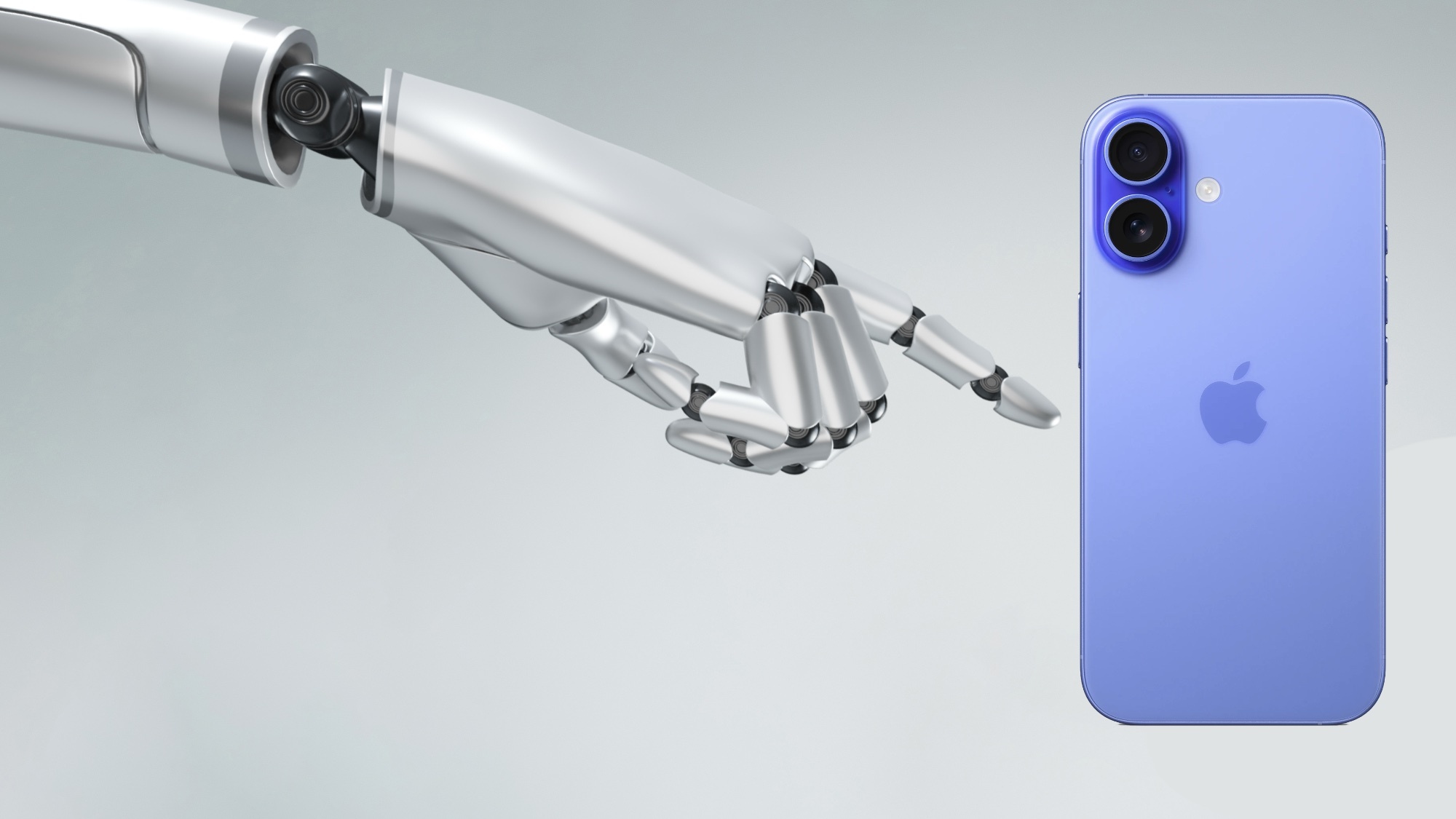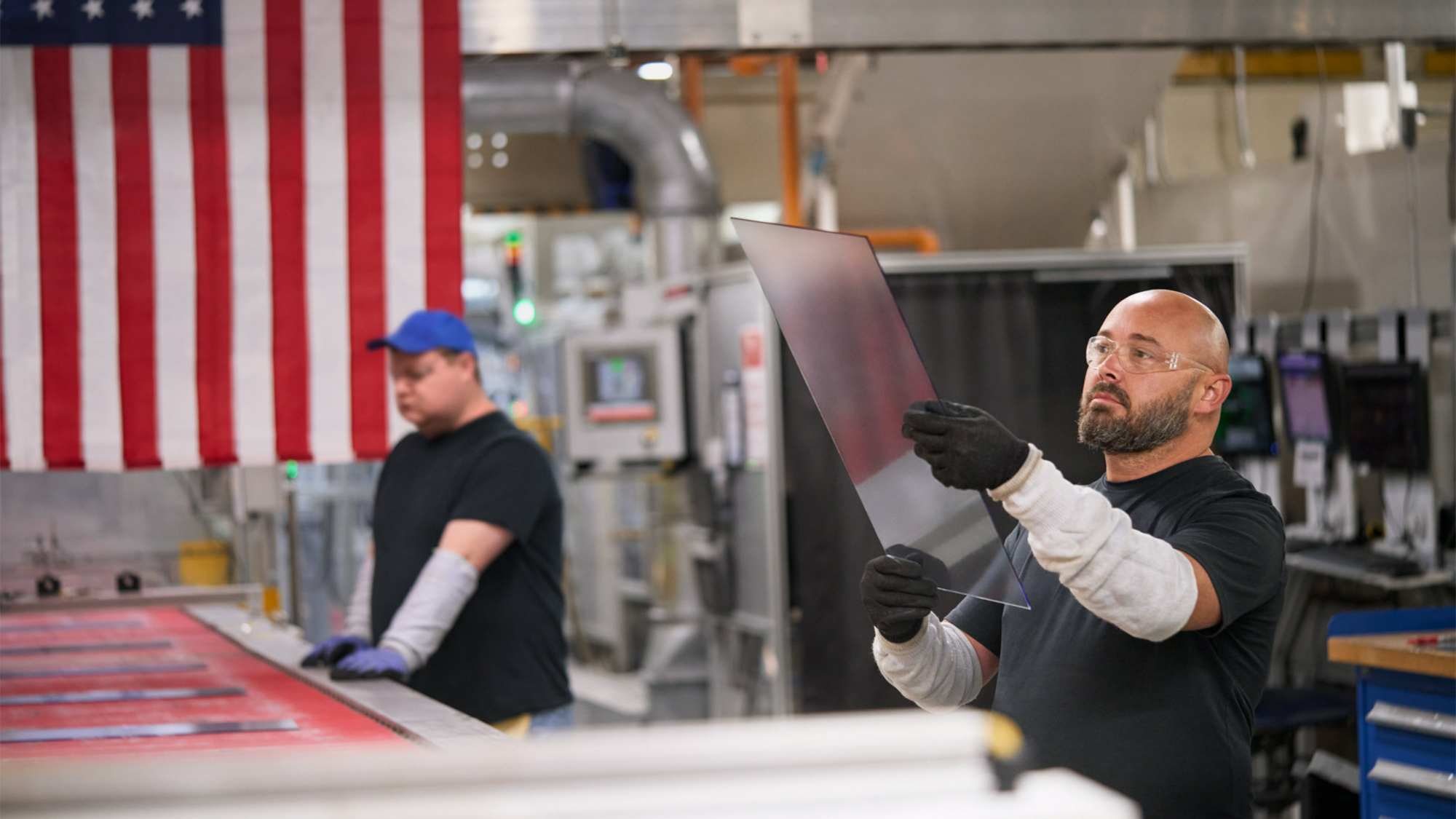Apple reportedly mandating robot manufacturing ahead of iPhone 17 launch — what it means for you
Will there be a price increase in our future?

Here at Tom’s Guide our expert editors are committed to bringing you the best news, reviews and guides to help you stay informed and ahead of the curve!
You are now subscribed
Your newsletter sign-up was successful
Want to add more newsletters?
Join the club
Get full access to premium articles, exclusive features and a growing list of member rewards.
There’s no doubt that phone manufacturers are facing increasing costs when it comes to production, especially in the face of recent tariffs. Apple has taken steps to mitigate this, but a recent report has indicated a possible change that might have an impact on the consumer.
The report in question comes from a recent exclusive from DigiTimes Asia regarding Apple’s push for its suppliers to integrate more automation into the production process. While Apple has advocated for automation in supplier facilities for over two years, it appears that the company has started to make it a prerequisite for awarding manufacturing contracts.
Reportedly, this is part of a broader push by the company to reduce the dependency on labor, while also aiming to stabilize product quality and uniformity across different facilities. This makes sense considering Apple is moving much of its production outside of China in an attempt to weather some of the tariffs introduced by the U.S. government.
Could this lead to a price increase in Apple's products?

At this point, it would be difficult to say for certain what this move could mean for the costs of future iPhones. The issue is that the report details that the suppliers are having to foot the bill for the automation upgrades themselves. As such, the pressure of meeting the requirements set by Apple is already affecting some suppliers' profit margins.
Depending on how long the pressure lasts, suppliers could pass these increased costs to Apple when selling wholesale. Apple could, in turn, pass these prices on to consumers. However, there are some mitigating factors that are worth noting when it comes to production. Firstly, Apple's aim of pushing for automation is to reduce long-term labor costs; if successful, then this move could potentially stabilize, or even lower prices in the long term.

Secondly, Apple has recently pushed investment towards U.S. suppliers for certain components in an aim to mitigate the tariff costs. One such supplier is Corning’s Harrodsburg, Kentucky, manufacturing facility, which is stated to eventually produce 100% of the front glass for both the iPhone and Apple Watch.
This factory, as revealed in a CNBC deep dive, already heavily utilizes a robotic production line, meaning it won’t need to invest to meet Apple’s standard. As such, that could equally have an effect on the final cost of certain Apple devices.
Get instant access to breaking news, the hottest reviews, great deals and helpful tips.
If there are possible price increases, it is unlikely that we’ll see them with the iPhone 17 series. However, we can’t say that for certain until Apple unveils the device and the pricing. We likely won’t have to wait long, however, as Apple’s “Awe Dropping” event is scheduled for September 9, 2025.
Follow Tom's Guide on Google News to get our up-to-date news, how-tos, and reviews in your feeds. Make sure to click the Follow button.
More from Tom's Guide
- Apple just added two more iPhone models to its vintage list — here's what that means for you
- iPhone 17 release date rumors update — mark these dates on your calendars
- The iPhone 17 Air may be great — but I'm not sure if Apple's customers really want it

Josh is a staff writer for Tom's Guide and is based in the UK. He has worked for several publications but now works primarily on mobile phones. Outside of phones, he has a passion for video games, novels, and Warhammer.
You must confirm your public display name before commenting
Please logout and then login again, you will then be prompted to enter your display name.
 Club Benefits
Club Benefits










